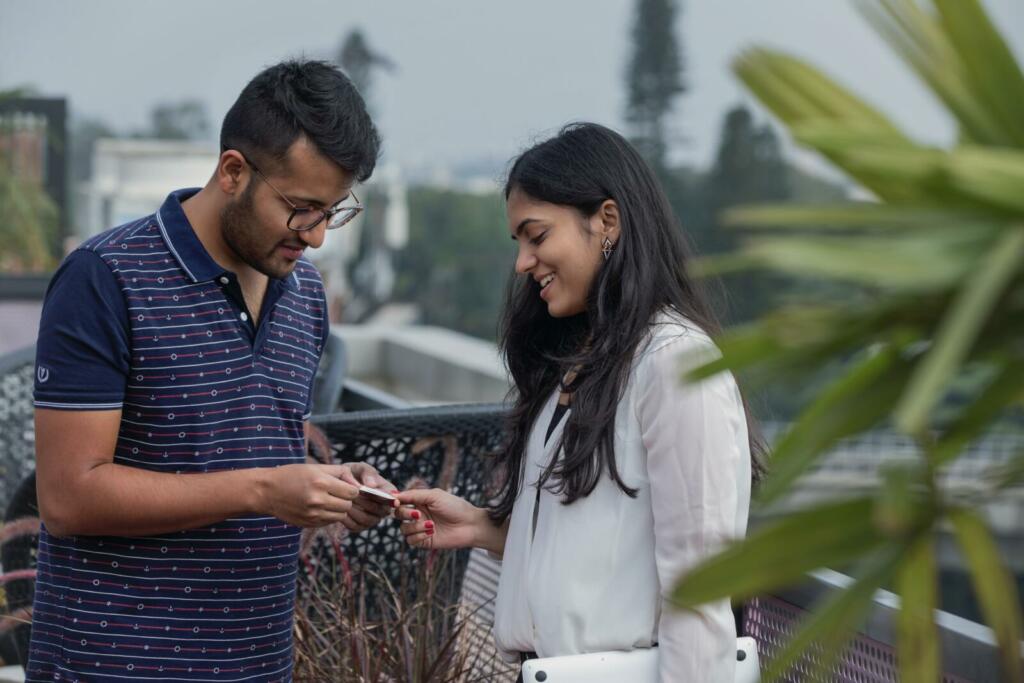[Reposted from the personal blog of Sophia Garasia]
A career in medicine was the dream. That is what I told my family, my friends and my teachers whenever they asked “what do you want to be when you grow up”. More specifically, in my Grade 10 careers class, I remember standing up in front of all my classmates and saying that I wanted to become a pediatrician. That WAS the dream. As such, the decisions I made during high-school and undergrad were in the direction of making that dream come true. (Side note: In my Grade 7 yearbook, I wrote that I will become a professional soccer player when I grow up. Not really sure if I was joking or not).
However, when fourth year arrived and it was time to apply to medical school, all that excitement of possibly going to med school was suddenly gone. I started to question my interests and goals in life. At the same time, I became curious about other options available to me.
How could I start questioning my career goals after that many years of being sure I wanted to pursue medicine?
Initially, I thought that all the confusion was simply because I was scared – scared of not getting into or of failing in med school. I had heard of the horror stories and knew how tough it was to get accepted to a Canadian medical school (McMaster University’s acceptance rate last year was 4%).
It took me a while but I finally figured it out. It was because I had changed – I was not the same 15-year-old girl in Grade 10 who wanted to become a pediatrician anymore. At some point between first year and fourth year of university, my interests had evolved and up to that point, my stubborn pursuit of being accepted into medical school kept me from realizing it.
Reflecting back now, this change of interest was in fact, not that sudden. At first, I started crossing out different specializations such as surgery, palliative care and even pediatrics. I then realized that although I loved to help those who were ill, I didn’t enjoy being in a hospital environment. I also realized that I wasn’t as emotionally strong as I thought I was and that clinical work frightened me.
At the same time, I started noticing what I enjoyed and began to reflect on what drew me to medicine and a degree in science in the first place. It was the passion of improving population health, especially those of marginalized groups. This included promoting health, educating, preventing illness, producing science with long-lasting effects and addressing underlying issues impacting health. As cliché as it sounds, I always believed that “health is wealth” and that thought is what initially pulled me towards the field of medicine. Finally, it was through many nights of self-reflection, conversations and research that I realized that public health research was the perfect route for me as it allowed me to contribute to improving population health, without having to do clinical work.
“Changing” my career choice was not an easy decision. Becoming a doctor was somewhat expected of me for years. My parents, being Indian immigrants, only knew of a few science professions – doctor, dentist, pharmacist and nurse. So, as a child, when they found out that I enjoyed the sciences and math, the only guidance they could provide me was on these limited fields. It was not their fault though. In my community in India, those women or men who have gone to school (which is very few), have become either teachers, engineers, nurses, doctors, dentists, tailors, small business owners, farmers or pharmacists. And that’s it! To-date, my family in India don’t know what public health is. I have tried to explain it to them a few times but to no avail.
So, why am I sharing all of this with you?
I got inspired to write this blog post because someone recently asked me, “are you in public health only because you didn’t get into medical school? Is it your gateway to medicine?” and another said “you should go into medicine, or you might end up wasting potential”. Such comments inspired me to clarify my own reasons for why I am not planning to enter the field of medicine and also to state that although public health may be a step in the direction of medical school for some, for others, public health is not the alternative choice, it is the choice. Also, one is not “wasting potential” by following their passion. We are going to have to work for 8 hours a day, 5 days a week for many years and so, it better be in a field that we are interested in.
Moreover, I wanted to share that it is okay to change your career plans, even if they are completely unrelated, especially during school. Of course, it is scary! There is the fear of disappointing others, fear of being judged, fear of starting over and the fear of wasting time (these are all fears that I faced). To avoid this, we try to stay on one track. But, what I have learned is that undergrad is the perfect time to make decisions about career choices. Research shows that we select our undergraduate program after having researched our field of choice beforehand. That makes sense! We study hard and pay a lot for our degrees and so, we want them to be valuable at the end. However, nowadays, with so many career options available, a degree doesn’t guarantee you a job. That is why so many people are now doing double undergrad degrees, post-grad degrees or diploma programs. As such, I think that whatever you choose to study in undergrad, make sure that you are using that time to learn about yourself and your passions. Who knows, you may end up in another field that makes you even more content!






